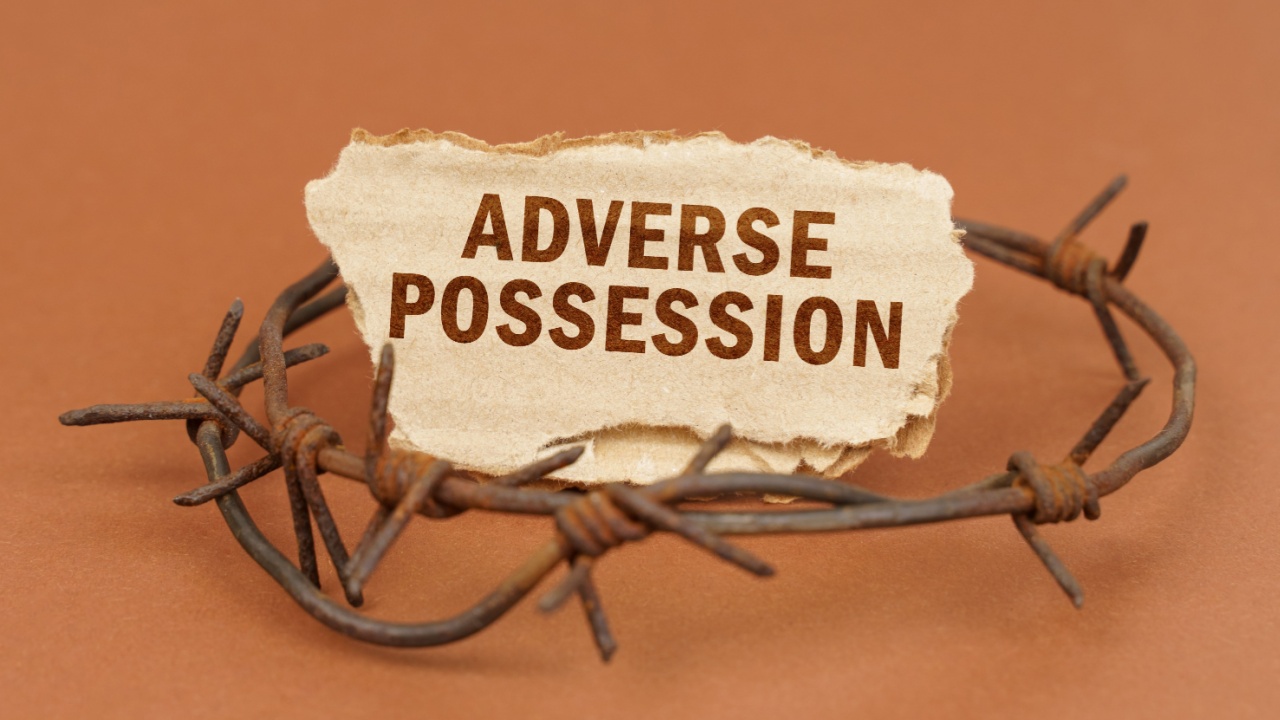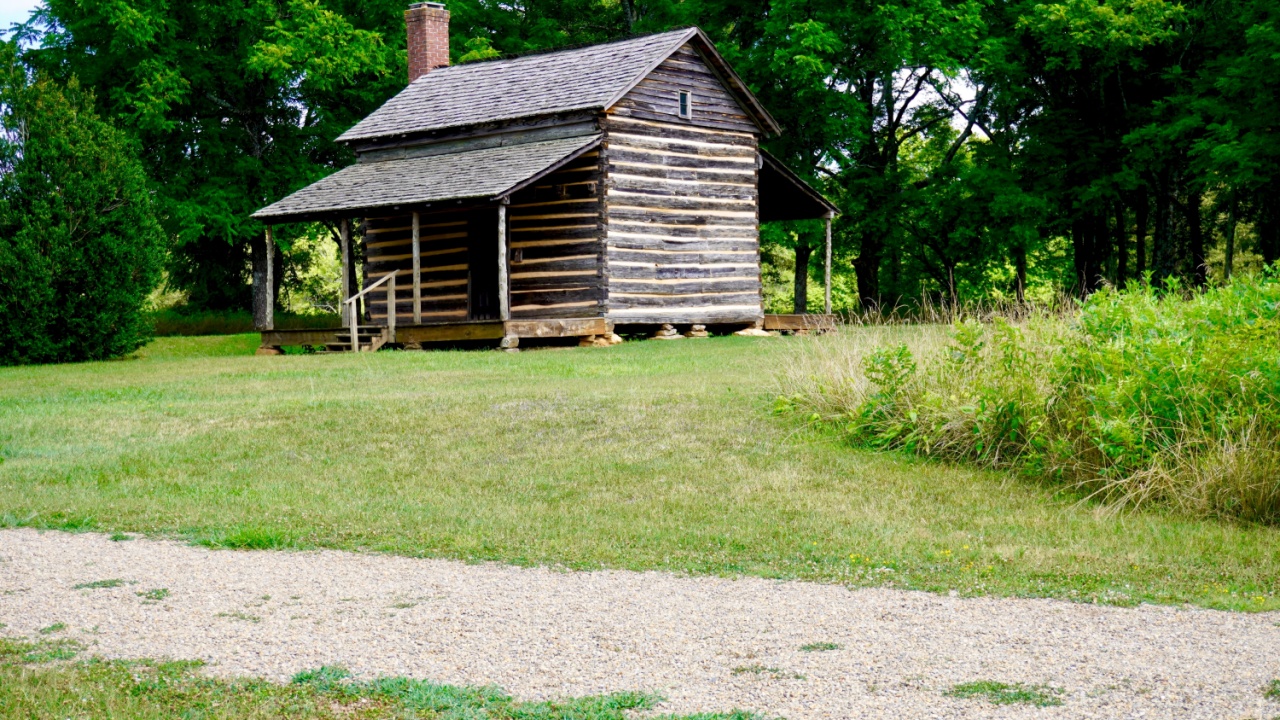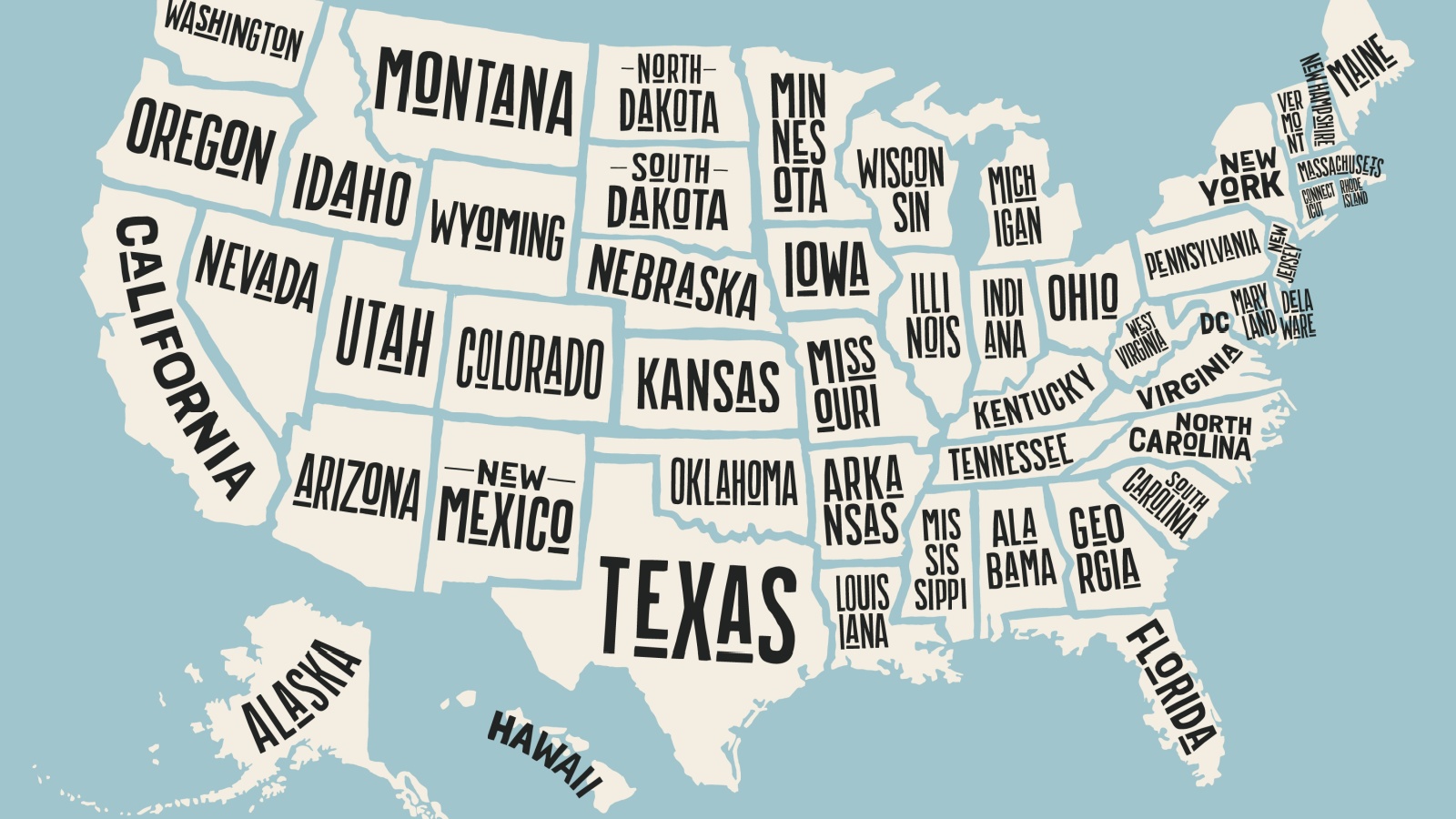Owning property can be a great investment, but did you know there’s a risk that squatters might legally claim it? In some places, laws allow someone living on your property without permission to eventually take ownership. This process, known as adverse possession, requires them to meet specific criteria over time.
These old laws can put property owners at risk. In this article, we’ll break down how adverse possession works and what conditions squatters must meet to claim your property. Knowing these details can help you safeguard your investment and prevent any unwanted surprises.

Adverse possession allows someone to claim land or property if they use it openly and continuously without the owner’s permission for a set number of years. If the real owners aren’t careful about keeping track of their property, they might find themselves losing it to someone else.
How You Could Lose Your Property to Adverse Possession

If you neglect your property or are unaware of squatters living on it, you might lose it through adverse possession. Squatters who openly occupy your land, take care of it, and sometimes even pay property taxes could legally take ownership. This often happens with properties that aren’t regularly checked or maintained by the owner. To avoid this, inspect your property often, handle unauthorized use quickly, and ensure all property taxes are paid in your name.
California

In California, if squatters live on your property for five years and pay property taxes, they might be able to claim ownership. This situation is more common than you might think, especially with vacation homes.
Washington

In Washington, seven years of living on the property and paying taxes can turn a squatter’s stay into legal ownership. Property owners need to be aware of who is on their land to prevent this.
Florida

In Florida, after seven years of paying property taxes and completing some paperwork, squatters can claim legal residency. There are surprisingly many successful adverse possession cases in this state.
Arizona

In Arizona, ten years of looking after a piece of land can allow squatters to claim ownership. This means property owners must actively manage and maintain their land to avoid losing it.
Alaska

In the vast wilderness of Alaska, ten years of occupancy can result in losing your property. Owners of remote land must ensure they’re not unknowingly hosting future claimants.
South Carolina

A decade in South Carolina is enough time for someone to potentially claim your property. Be cautious about who you allow on your property for extended stays.
Oregon

In Oregon, ten years of someone living on your land without you knowing can lead to an adverse possession claim. There are stories of entire communities settling on remote parts of someone’s land for a decade, and then legally taking it over.
Texas

In Texas, property owners need to watch their land closely. Ten years of unchecked occupancy can result in squatters claiming ownership. Regular inspections and maintenance are crucial.
Nevada

In Nevada, squatters can claim ownership after fifteen years. It’s a reminder that even remote or less desirable properties can be targets.
New York

In New York, ten years of unnoticed occupancy can lead to squatters taking over abandoned properties. Urban property owners need to be diligent about checking their properties.
Michigan

In Michigan, a fifteen-year period of neglect could result in losing lakeside properties. Owners should visit regularly to ensure their cherished places remain theirs.
Virginia

In Virginia, fifteen years of unchallenged occupancy can transfer ownership. Stories of old estates and vineyards changing hands highlight the need for consistent property monitoring.
Colorado

In Colorado, squatters can claim property after eighteen years. Owners need to keep an eye on their mountain retreats to prevent any surprises.
Massachusetts

In Massachusetts, twenty years of neglect can result in losing historic properties to squatters. Owners must actively protect their heritage by maintaining their properties.
Georgia

In Georgia, twenty years of unchecked occupancy can see your retreat claimed by someone else. Keep an eye on your secluded spots to prevent this.
Illinois

In Illinois, twenty years might seem long, but historic homes can attract squatters. Property owners must remain vigilant to protect their homes.
North Carolina

In North Carolina, after twenty years, squatters can legally claim ownership. This includes beach bungalows and mountain retreats.
Maryland

In Maryland, twenty years of oversight can result in losing waterfront properties to squatters. Tales of fishing cottages and waterside homes being taken over show the importance of proactive property management.
Pennsylvania

In Pennsylvania, with a twenty-one-year requirement, property owners need to be proactive in protecting their historic properties from adverse possession claims.
Ohio

In Ohio, twenty-one years gives you plenty of time to check on your property and take action against squatters. Stay vigilant to avoid any surprises.
New Jersey

In New Jersey, squatters can claim ownership after thirty years. Shore house owners need to be vigilant to protect their coastal investments, despite the long time frame.
17 States Where Taxes Take the Biggest Bite Out of Your Paycheck

We all pay taxes, whether it’s income tax deducted from our paychecks, property tax if we own a home, or sales tax when we buy things. In the United States, these taxes vary by state, affecting how much of our salary goes to the government. Let’s look at 17 states where taxes eat up the most of your hard-earned money.
Best Sates for Hunting (and What You Can Hunt There) – Every State Ranked

More than just a popular past time, hunting is a foundational survival and self-sufficiency skill. And, while the majority of hunting and fishing permits are issued to state residents, plenty of folks like to hunt out of state. We used official data to rank every state in terms of popularity and what you’re able to hunt there.
21 States Where Squatters Could Legally Take Over Your Property

Owning property is a big investment, but there’s a risk you might not know about. In some states, squatters can take your property through a legal concept called adverse possession. This means that if someone lives on your property without permission and meets certain conditions, they could legally claim it as their own.
These old laws can leave property owners vulnerable. In this article, we’ll explain how adverse possession works and what criteria squatters must meet to claim your property. Understanding these laws can help you protect your investment and avoid losing your property.

